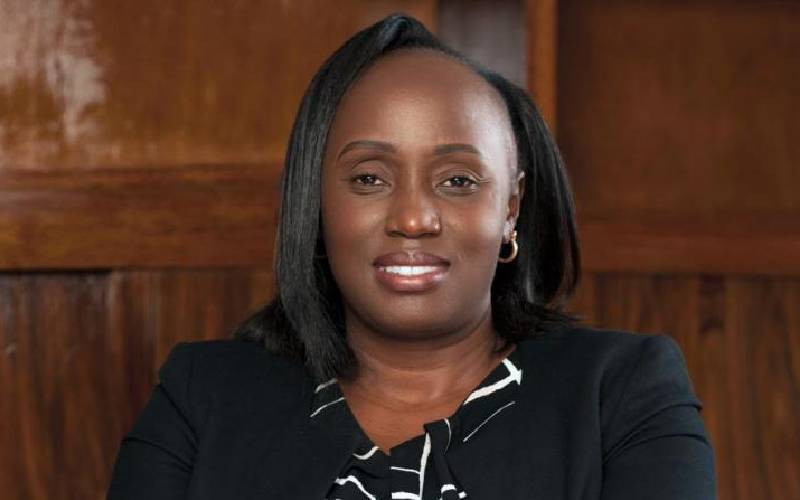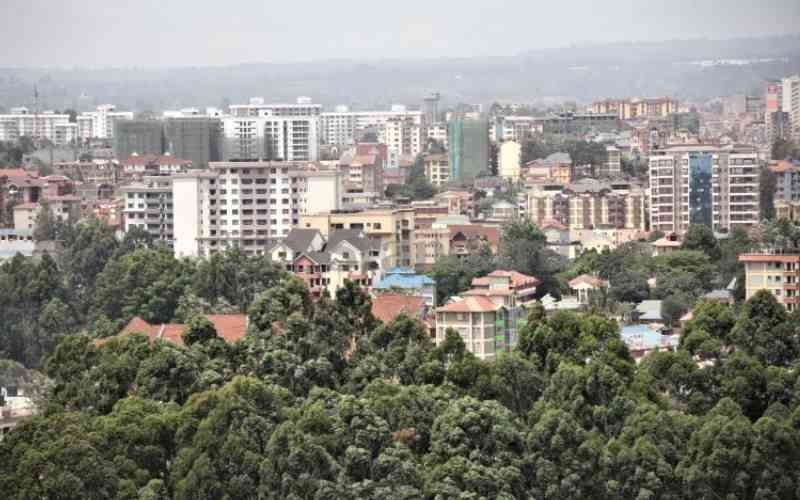“During recession greed dies, (and) frugality survives”, says Amit Kalantri in his book Wealth of Words. These are words that Kenyans should internalise now that we are in the middle of a devastating pandemic.
Kenya's public wage bill is at nearly 49 per cent of the national revenue. This is far above the Public Finance Management Bill’s recommendation of 35 per cent. Covid-19 gives us a good opportunity to reconfigure the wage bill.
The wage bill debate is a monster. It is highly guarded by the powerful, influential and intimidating concierges — secured like Mount Zion. However, if you want to eat an elephant, you must cut it into small pieces. Shall we try it?
In March 2020, President Uhuru Kenyatta issued a rescue plan in which he slashed his salary and that of his deputy by 80 per cent in response to the pandemic. The speakers of the two houses, Cabinet secretaries and other top public servants followed suit. After the salary cuts, I think, they landed where they belonged.
But what is the impact of such salary cuts by a few persons on 47 million Kenyans? The implication is huge. Methinks the Cabinet must have sat down and realised that slashing their salaries would make a significant saving for the country; and that exempting millions of Kenyans PAYE would have a weak impact in the national pulse.
Benchmarking
Allow me to consider numbers because they are not men that they should lie. Summarily, the National Assembly has 350 members, the Senate 67 and the Cabinet about 25, without counting other employees. In the 47 counties, there are other governments with members of county assemblies, speakers and deputy speakers and county executives approximated at 1,500.
They influence what they take home and where to fly for earth-shattering benchmarking — like learning how to blend fresh mango juice. These budget guzzlers shop as we buy; they consume as we eat and they ‘sanitise’ their esophagi as we drink.
Like other observant citizens, I’m concerned that some offices envisioned in our constitution have no work — or at least the bosses have showed us they can score highly minus them. Take, for example, the offices of deputy president and deputy governors. These offices, totaling 48 in number, were supposedly created for accommodative democracy.
Apart from taking over the office when a governor dies or is incapacitated, mostly by graft, deputies’ job description (JD) banks on the Freudian Oedipus complex. The deputies, under this complex, wish that their godfathers die so that they get a chance to ‘marry their mother’. The ‘godfather’ here is the governor or president, and the ‘mother’ is the county or country administration.
The godfathers
Aware of this complex, the godfathers have tended to deny their deputies the only visible JD — walking alongside or sitting beside their bosses during county and State functions. I do not belittle, however, the criticality of ethnic representation in these functions.
Conspicuously, the boss-deputy hostilities started in Machakos County after 2013, then Embu and Kiambu, followed by Kisumu, and the poetics can go on and on. It is in the public domain that most governors run counties without engaging their deputies because it makes no difference anyway.
We all know that Governor Mike Sonko single-handedly managed Nairobi County for close to two years without a deputy until graft allegations incapacitated him. Even in that state, he still had powers to hand over critical county functions to the National Government.
I am convinced that the usurping of City Hall functions by the State House had nothing to do with a missing deputy governor. Now that the governor is left to manage, among others, county employees’ welfare, social media accounts, livestock vaccination and city vegetable farming, there is even less need to engage a deputy governor.
At the State House, the president has run government affairs without DP William Ruto; at least that's how we see it from down here. Of late, Uhuru has also been running his government with a few Cabinet secretaries. That's the way it should be. As a result, the State wagon feels efficient with no significant governance gap.
To immortalise Jubilee’s first bromance, the president made sure that he implemented 80 per cent salary cut on his deputy’s side to respond to the Covid-19 crisis.
Notably, most county and national government Cabinet secretaries are freer. Can we scrap unnecessary offices so that Kenya throws the extra shilling in its saving box?
Dr Ndonye is the head of Mass Communication Department, Kabarak University
 The Standard Group Plc is a multi-media organization with investments in media
platforms spanning newspaper print operations, television, radio broadcasting,
digital and online services. The Standard Group is recognized as a leading
multi-media house in Kenya with a key influence in matters of national and
international interest.
The Standard Group Plc is a multi-media organization with investments in media
platforms spanning newspaper print operations, television, radio broadcasting,
digital and online services. The Standard Group is recognized as a leading
multi-media house in Kenya with a key influence in matters of national and
international interest.
 The Standard Group Plc is a multi-media organization with investments in media
platforms spanning newspaper print operations, television, radio broadcasting,
digital and online services. The Standard Group is recognized as a leading
multi-media house in Kenya with a key influence in matters of national and
international interest.
The Standard Group Plc is a multi-media organization with investments in media
platforms spanning newspaper print operations, television, radio broadcasting,
digital and online services. The Standard Group is recognized as a leading
multi-media house in Kenya with a key influence in matters of national and
international interest.









